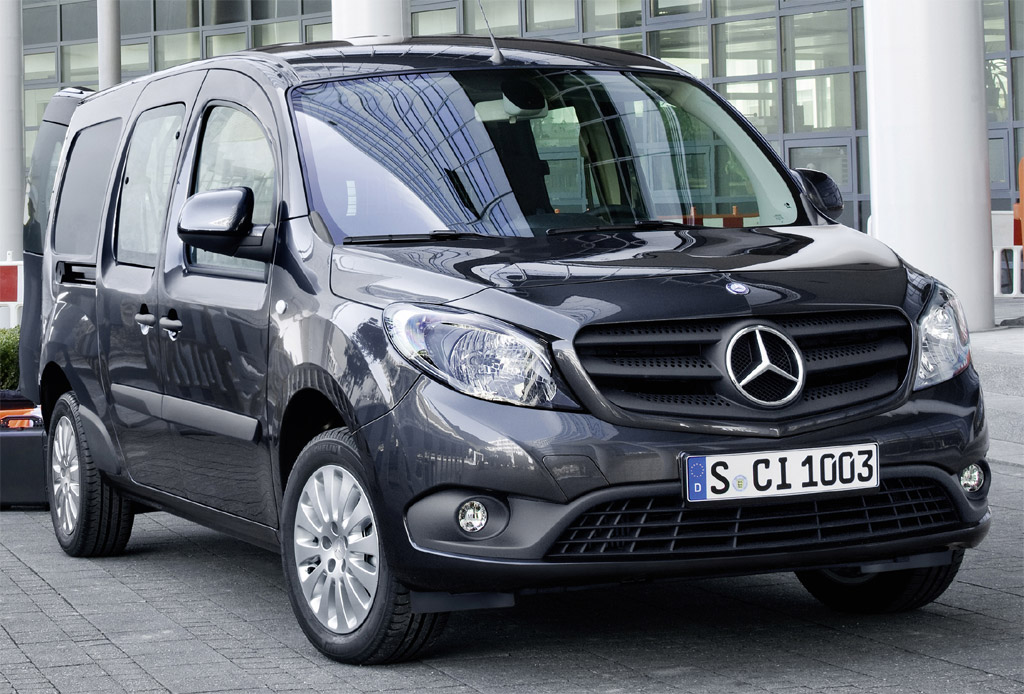3 Reasons Not to Hate the French Cars.
3 Reasons not to hate French cars.

I spend a lot of time reading comments on the internet that express the hate that some people have against French cars. So I think I need to clarify some things about them, to show you that they deserve some love.
I’m not writing this as a propaganda for the French brands nor because I’m a pro-French things, but because I’m a true car lover, and as a car guy, you may understand me when I say that hating a car brand just because you don’t like the car’s design or nationality is plain stupidity, we all have our own tastes. So here are some things you should know about me: first of all, yes, I’m French. Secondly, I love cars in general: I drive a 2005 Citroën Xsara Break (diesel, 90hp, 100k miles), and my two dream cars are a 1970 Dodge Charger R/T and a 1995 Nissan Skyline R33 GT-R. And Finally, this is my first article, and English isn’t my native language (obviously), so please, be kind.
But let’s not make you wait any longer, here are my pros :
1. The place of France in the Automotive History
Nicolas-Joseph Cugnot, a French inventor, is widely credited with building the first full-scale, self-propelled mechanical vehicle or automobile in about 1769; he created a steam-powered tricycle called "Le Fardier de Cugnot". Father Ferdinand Verbiest, a Belgian Flemish Jesuit missioner, may have been the first to design and most likely to build, around 1672, "a steam-powered vehicle" but that was too small to carry a driver or passengers.

In November 1881, French inventor Gustave Trouvé demonstrated a working three-wheeled car powered by electricity at the International Exposition of Electricity, Paris.
The first car to pass the 100km/h bar was the French electric car "La Jamais contente" (literally translated as "the never satisfied").
The outlines of the current car as we know it are plotted in 1922 with Lancia Lambda and the self-supporting body and independent front suspension, in 1934 with Chrysler Airflow which introduced the aerodynamics, Citroen and the development of the Traction Avant (FWD) in 1934, and the introduction of disc brakes on the DS in 1955, or by Porsche and the box bevel gear synchronizers of the 356 and finally in 1959 with the Mini Morris with the first engine in transverse position.

2. They are great cars
This is one of the most untrue stereotype about the French Brands: "They aren’t reliable". My very first car was a 1997 Citroën ZX Break. Not very beautiful, but it had its charm. I sold it a few months ago for 250€, with +330k kms (more than 206k miles) and some bumps and scrathes (was involved in 4 small crashes, not by me and never in fault). Electric windows? Still working! Anti-start code device? Tired but working too! The lights on the dashboard were a bit too feeble, but she was still ready to eat the road for a long time.
And that’s what all French cars are, cars. by this, I mean that they are great cars that won’t fail you. Of course there are some that are worse than the others, but it’s the same for every car brand.
Indeed, I won’t deny that at some point of their own History, some French brands had a bad time. It happens, but sadly as we say "Il faut plusieurs générations pour bâtir une réputation, mais il n’en faut qu’une pour la détruire", which means "you need several generations to build a reputation, but only one to destroy it".
Nowadays French car brands are way better than you could think, so good that other brands uses engines, bodies or entire cars for their own product range (for example, Mercedes uses DCI engines from Renault for their A, B and C classes or the body of the Renault Kangoo for their compact utility vehicle Citane).

And indeed, don’t mix Quality and Reliability.
3. Their Racing Gene.
A little quote of Forza Motorsport 3, during the loading screen, once said "Peugeot is the only manufacturer that can brag about having victory records in three different centuries". That is actually true. Not only as a car maker of course, but that sentence still says something.
You know them : Bugatti, Alpine, Renault, Citroën, Peugeot, Matra,… Rally, Formula One, LeMans Endurance series, BTCC, WTCC, Pikes Peak,…

Every French Car Brand has won in Racing. And every french sports car has it in its genes. They even said in right here, on CT! "If you’re a keen driver, you need to get the RCZ R. Trust me. Every aspect of the way it drives when you’re kicking its head in is leaps and bounds ahead of the TT, and I guarantee after a hoon in both, the Peugeot’s the one that’ll put the bigger smile on your face. Badge snobs be damned." Want to know more about that? It’s here : link text .

Ever drove a 205 1.9 GTI? A test driver once said "You’ll need racing skills to master this monster". 130hp only? Yup, but power never ment performance. You know what someone said : "If you’re not fast with 90hp, 900 won’t help you". That’s what is all about French sports car, power isn’t necessary if you have the right chassis.

That is all I can say for now, without making an extra-long article that would be too consistent to be readable. So if you’ve reached this point, thank you for the time you spent reading this and I hope that you’re more likely to not spread the hate, for our Frenchies and for all cars in general, because after all, it’s just a matter of opinion.
Little bonus : I want to clarify something that seems to be a good starting point of hate about French cars : the Volvo vs Modus Crash test. Yes, old Volvo’s are known for being Tanks. No, the engine hasn’t been removed for the crash test, it’s just that it is not in a transversal position but in a longitudinal position, so when the two car went on a 3/4 front collision, the engine was moved on left-side of the engine bay. No, the Volvo isn’t safer than a Modus. Why? Because the Volvo was engineered during an era when Euro N-CAP wasn’t there to rule the safety of the cars. So yes it was a tank back then, but now it isn’t anymore. Sorry guys.
And for the video where you can see a red Volvo wagon hit some old cars on a scrapyard, you can clearly see that they are using things as ramps to avoid the high strength parts of the cars that are normally collided during a crash, this resulting on a heavier car crashing with it’s own strengthened body parts on cars-parts where it’s not supposed to crash. So it may appear that the Volvo is a true tank, but it’s just tricks and lies. Sorry again guys…
Internet traditions must be respected, Sorry for the long post so here is a potato-car :













Comments
I remember mercedes made an A class with a French engine. There were problems all the way. Customers charged mercedes. because there bought a renault with the emblem of a merc. they won. I don’t know if they still use those engines, but if they, than I don’t think they are very popular anymore.
They actually still use DCi engines for A, B and C classes.
Sorry, going to be the Merc anorak here. The DCI isn’t in the C-class. It is in the A, B, CLA and GLA.
And the Merc "Kangoo" is Citan (no "e" at the end).
Might have confused the CLA and the C, my bad !
Thank you for the post. I like it when people point out the good in anything and French cars can be great. I’ve heard some issues with French car repair but you can generally say things about car repair in general. You definitely want someone who knows what they’re doing though, so hopefully those who own any kind of foreign vehicle has a great mechanic.
http://www.frenchcarcare.com.au
https://www.youtube.com/watch?v=kjay_sZLSj4
French cars are bad? Stalone doesn’t approve.
Seriously, they are beautiful and Peugeot 406 had V6. Not bad at all.
Are you from 9gag ?
Pagination